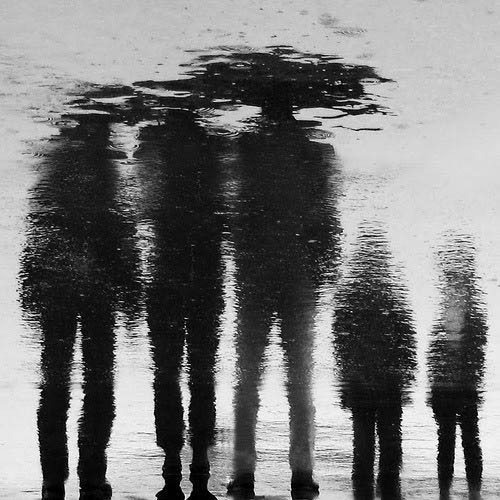Ah, refreshing. One Flew over the Cuckoo’s Nest feels like a
cold glass of water on a hot summer day. What a great change of pace! Ken Kesey
tells the story of Chief Bromden, a half Native American interned in a mental
institute. The chief pretends to be deaf and therefore is able to tell a story
from what feels like a third person omniscient narrator. The novel has only
begun and I sense there is a great story filled with questions to come.
So far in the story not much has happened, and frankly no
one should be interested in the actual story this book tells. Kesey didn’t
write for us to learn why the chief is in the loony bin, no it’s written to argue
a strong opinion on craziness. The story is set up in a ward to remind us to
question lunacy itself. I feel this will be the main enduring theme, who really
is crazy? Asides from the setting, the author uses strong symbolism like the
mysterious fog to address this subject at matter. Although very short, the symbolisms
are very effective. Let’s take the fog for example, what really is it? If taken
literally we might say it was shaving cream or just regular bathing soap. It’s
meaning is much harder to define, is it insanity itself? Would it take over a
person like that? Perhaps stress? There is no answer, in classics there never
are. The fact that you can give any meaning to a book means it’s really
something. What makes One Flew Over the Cuckoo’s Nest unique isn’t the ambiguity
most novels, it’s the well-developed hyperbolic metaphors present in almost
every page. “She is going tear black bastards limb from limb, she’s so furious.
She’s swelling up, swells till her back splitting out the white uniform and
she’s let her arms section out long enough to wrap around the three of them
five, six times.” (5)
What a great novel, the enduring theme, fun hyperboles, and
strange first person narrative has me very intrigued into reading the rest.
“You seem to forget, Miss Flinn, that this is an institution
for the insane.”


